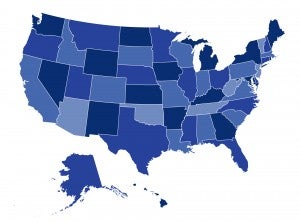A Placeholder Won’t Protect People with Pre-Existing Conditions

President Donald Trump has voiced an “ironclad pledge” to protect patients with pre-existing conditions, but his 2021 budget proposal, which repeats this promise, is silent on how he would do that. At the same time, the Trump administration has taken numerous actions that undermine the Affordable Care Act, including its support of a lawsuit to overturn the ACA and its key protections for people with pre-existing conditions.




